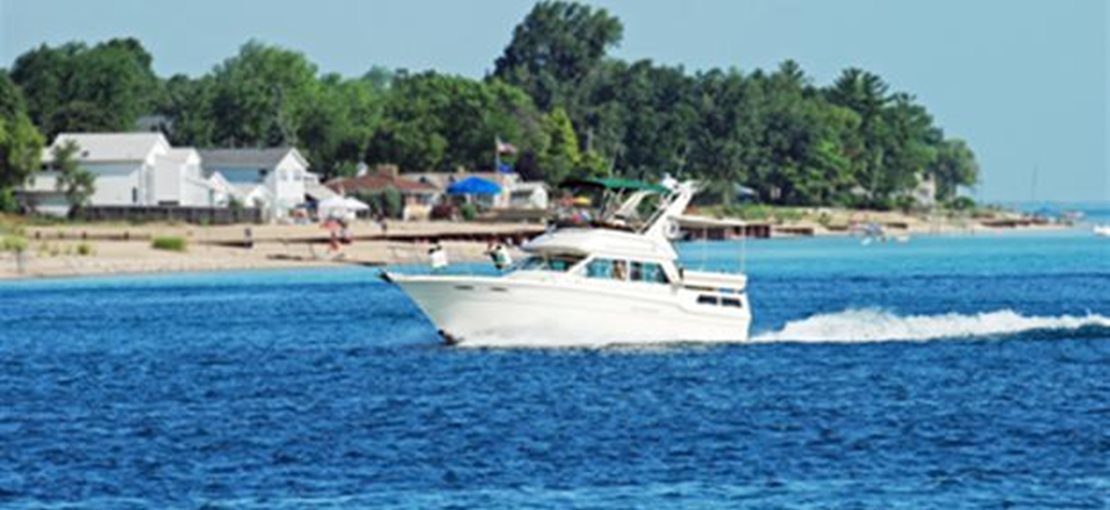Safe Summer Fun: Go Boating on New Jersey's Waterways
There's no better way to enjoy the sunny days of summer than on the deck of your boat, exploring New Jersey's many waterways. From Swan Bay to the Shrewsbury River, the Garden State is full of scenic maritime playgrounds, and thanks to massive clean-up efforts after Superstorm Sandy—more than 450,000 cubic yards of debris and sediment have been removed from marinas, bays and inlets thus far—New Jersey waterways are open for business, just in time for summer.
But while boating perennially ranks among America's most popular outdoor recreational activities, boaters experienced 4,515 accidents in 2012 alone, according to the U.S. Coast Guard. This figure underscores the need for careful preparation before anyone sets foot on deck. From safety equipment to boating licenses, these tips will help you stay safe on the water this summer.
Know Before You Go
Before you got behind the wheel of a car, you had to train, learn about road safety and earn your driver's license. Boating is no different. Before hitting the water, it's essential that beginning and experienced captains alike learn boating safety rules and regulations. Take a boater education course to ensure you're well-educated and prepared for situations that may arise on the water. The state requires anyone operating a motorized watercraft to obtain a New Jersey boating license and boat safety certificate.
If you plan on taking your kids with you, enroll the older ones in a boater education course, too. And though you'll all be wearing personal flotation devices (aka PFDs) at all times, knowing how to swim enhances safety, especially for children. Make sure they learn how to swim through a local American Red Cross chapter or another organization that offers swimming lessons.
Prepare the Onboard Environment
State law requires that all watercrafts carry U.S. Coast Guard-approved life vests or life jackets for each person on board. For children, choose PFDs with collars that'll turn wearers face up if they fall in the water and have handles attached. You may also want to attach a whistle to the front of the jacket. PFDs should fit snugly; test fit by having your child raise both arms straight above his head—if it touches his ears or chin, it's too loose. ​
Stock your boat with essentials before you leave port. At a minimum, you'll need:
- First aid kit
- Visual and audio signaling devices, like flares or horns
- Fire extinguisher
- VHF radio
- Extra lines for towing
- Drinking water
- Blankets
- Hats and sunscreen
- Cell phone
On the Water
Before you leave, file a "float plan" with a family member or even staff at the marina. Let them know:
- Where you're going
- How long you plan to be out
- All passengers' names and phone numbers
- Boat type and registration number
- Types of communication equipment on board
When you're on the water, avoid drinking alcohol. Along with operator inattention, inexperience and excessive speed, alcohol use is a primary factor in accidents and the leading factor in boating fatalities, according to the U.S. Coast Guard. Enjoy a safe, alcohol-free day on New Jersey's waterways.






Add A Comment
Thank you for your comment.
Sorry! There was a problem with your comment submission. Please try again.
Comment
Allowed HTML: <b>, <i>, <u>, <a>
Comments
Thank you for your comment.
Sorry! There was a problem with your comment submission. Please try again.
Thank you for your comment.
Sorry! There was a problem with your comment submission. Please try again.